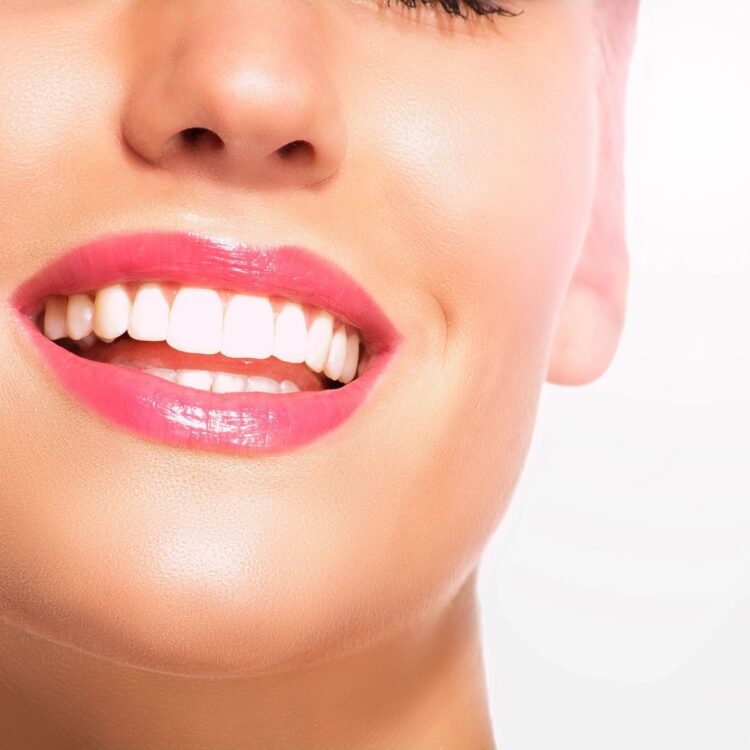Dental Sealants
Protect Your Teeth from Decay and Cavities
Tooth decay damages your teeth, and can eventually do harm to your gums.
Brushing and flossing your teeth goes a long way toward preventing cavities, but even if you are absolutely faithful to your dental hygiene routine, your teeth can still suffer from decay. Our Toronto dentist can use dental sealants to add another layer of protection in your struggle against cavities.


Open Days
What Are Dental Sealants?
Dental sealants are made of a plastic resin. Our dentist can apply this plastic to the chewing surfaces of your teeth, particularly your molars and premolars. Dental sealants make strong and durable barriers to food and plaque in your mouth. Brushing and flossing your teeth may not be enough protection against decay because you cannot reach into every groove and dent in the surfaces of your teeth. It close up those indentations for you.
Are Dental Sealants Good for Kids?
Your child might benefit from having dental sealants applied to their teeth. They are still learning their oral hygiene routine, and It can protect their teeth if they are not thorough enough. Yet, even if your child brushes and flosses carefully every day, food particles and plaquecan still get into those grooves and fissures of their teeth. In addition, it is important to give your child a good start with their dental care so they can have healthy teeth when they get older.
Can Adults Benefit from Dental Sealants?
People of any age, as long as they have their natural teeth, can benefit from applications of dental sealants. These protective barriers can help adults keep their teeth safe from decayjust as they can keep children’s safe. Parents work hard to teach their children good dental habits, but young adults often stray from this path for a while when they first move away from home.
Adults can become so wrapped up in a busy lifestyleand taking care of their children’s teeth that they neglect their own dental health. Seniors who still have their teeth are particularly vulnerable to tooth decay and cavities. And, in all these cases, even excellent oral hygiene habits may not be enough to protect the chewing surfaces of your back teeth.
How Are Dental Sealants Applied?
Having dental sealants applied is a very easy process. After your routine cleaning, your dentist can paint the dental sealant onto the chosen tooth surfaces. The dentist might also shine a special light on the sealant to help it bond to your teeth. You do not have to have any anesthetic for this procedure. At each dental appointment after the sealant is applied, your dentist checks to see if your teeth need to be resealed. If so, the procedure is the same for each application.

